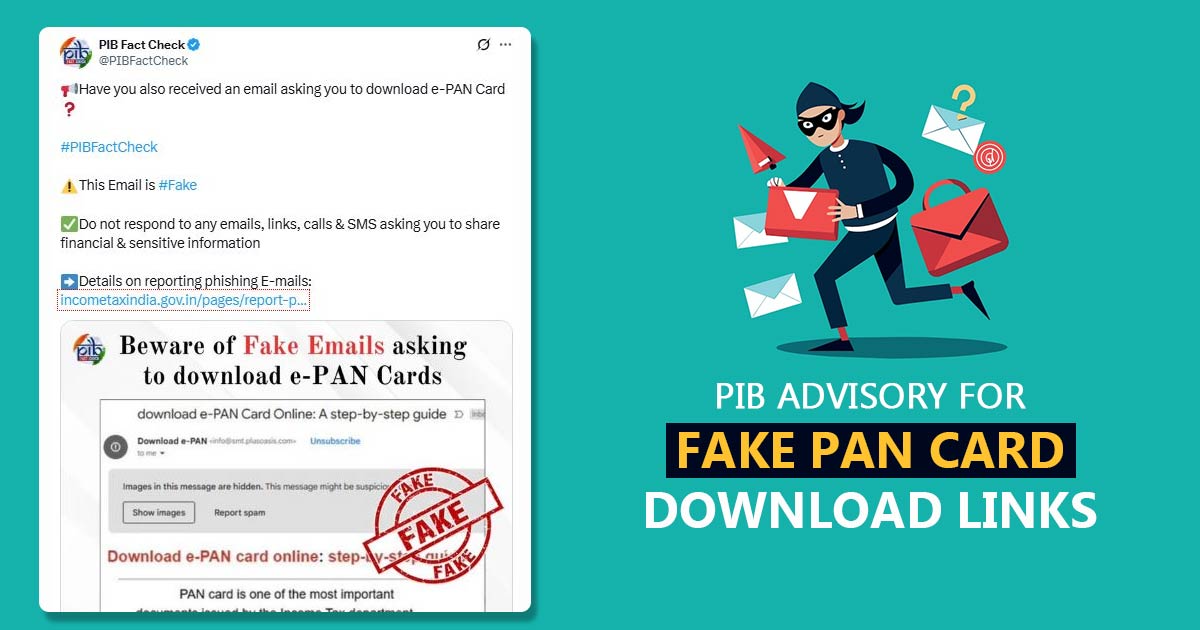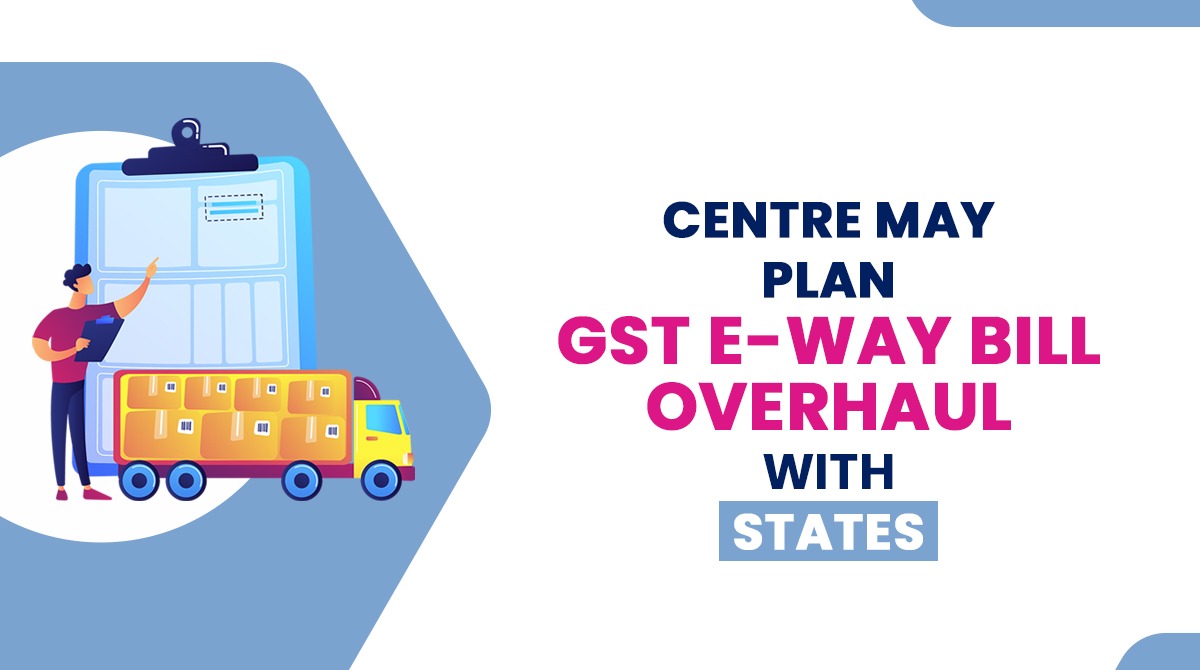
If you’ve obtained an email asking you to download your e-PAN card, do not tap; it’s a phishing attempt. A public advisory warning has been issued by the Press Information Bureau’s (PIB) Fact Check Unit for the fake emails that appear to offer access to an e-PAN card download link.
The PIB Fact Check flagged these emails as #Fake, sharing screenshots of the scam on social media to raise awareness. The emails, titled “Download e-PAN Card Online: A step-by-step guide“, are sent via unauthorised and dubious email addresses. They possess malicious links meant to trick users into divulging sensitive personal and financial information.
The Income Tax Department, in answer to public concern, mentioned that-
- It never asks for personal details like bank account numbers, passwords or PINs via email, SMS, or phone.
- It does not send emails directing the users to download their e-PAN from unknown sources.
- It does not link users to third-party websites to access PAN-related services.
These emails come within a phishing campaign, a cybercrime tactic where scammers impersonate trusted organisations to steal confidential data like credit card details, passwords, or other login credentials. Victims are often directed to bogus websites that seem similar to official government portals.
The Income Tax Department and CERT-In Offer the Following Safety Tips
- Do not answer suspicious emails or calls.
- Avoid clicking on links or downloading attachments from unknown sources.
- Never furnish financial or personal details through email.
- Keep your anti-virus, anti-spyware, and firewall software updated.
- Report suspicious emails by forwarding them to:
- webmanager@incometax.gov.in
- incident@cert-in.org.in
Remove the email after reporting to avoid risks.
Fake attacks will be carried on, the users are asked to stay vigilant and cross-check any communication claiming to be from the government departments. Validate via official government websites or helpline numbers if in doubt.









